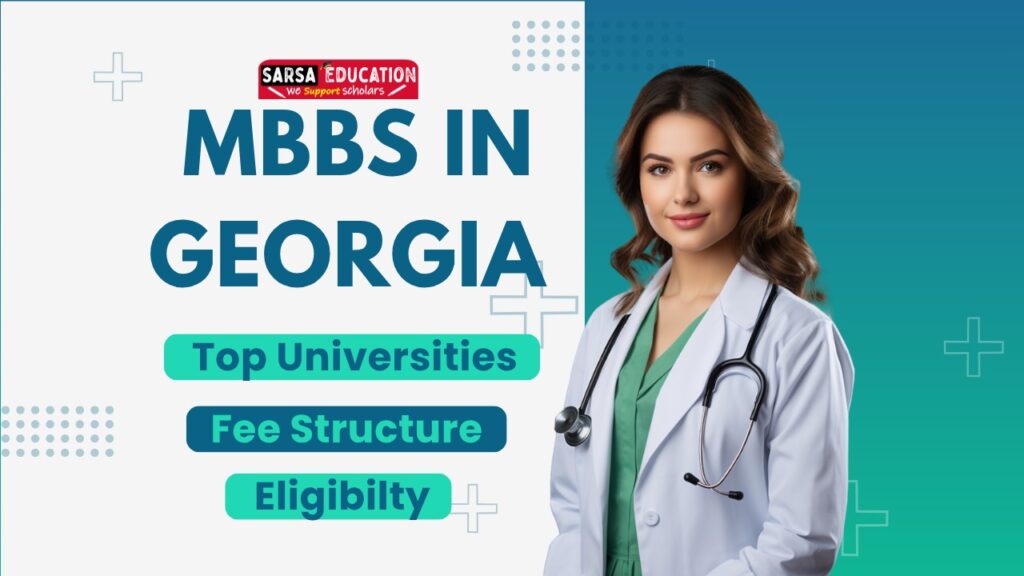Online Degree Courses are academic programs offered by accredited educational institutions that allow students to complete a full degree—such as a bachelor’s, master’s, or even doctoral degree—entirely via the internet. These courses use digital platforms for lectures, assignments, exams, and communication, enabling students to study remotely and flexibly, without attending a physical campus.
Contents
Features of Online Degree Courses with Internships
The features of Online Degree Courses with Internships are:
- 100% Online or Hybrid: Can be fully online or a mix of online and on-campus (hybrid).
- Recognized Degrees: Offer the same qualifications and value as traditional degrees if provided by accredited institutions.
- Flexible Schedules: Ideal for working professionals, parents, or those living far from campus.
- Interactive Learning: Uses videos, quizzes, discussion forums, and live sessions.
- Accessible Globally: Can be accessed from anywhere with an internet connection.
Important link:
- Top 100 Scholarships for the 12th class.
- Top 100 Scholarships for B.Com students.
- Top Scholarship for Engineering Students
- Top 100 Scholarships for B.Sc students.
Top Online Degree Courses
The top online degree courses are:
- MBA
- BBA
- BCA
- MCA
Online MBA:An Online MBA (Master of Business Administration) is a graduate-level business degree delivered predominantly or entirely via virtual platforms. It mirrors the traditional MBA curriculum—covering finance, marketing, operations, strategy, HR, and more—but offers the flexibility to study asynchronously (pre-recorded classes) and synchronously (live lectures, group sessions) through a Learning Management System
Online BBA:An Online BBA (Bachelor of Business Administration) is a three-year undergraduate degree delivered through digital platforms that equips students with foundational business knowledge. It’s equivalent in value to a traditional on-campus BBA—covering management, finance, marketing, HR, operations, and entrepreneurship—but offers the flexibility to study remotely via live or recorded lectures, virtual discussions, assessments, and proctored exams
Online MCA:An Online MCA (Master of Computer Applications) is a postgraduate professional degree in computer science and applications, delivered primarily through virtual platforms. It mirrors traditional MCA programs in content and value but is optimized for flexibility, remote access, and self-paced learning.
Online BCA:An Online BCA (Bachelor of Computer Applications) is a three-year undergraduate degree delivered entirely or predominantly through online platforms. The program is equivalent in structure and accreditation to a traditional on-campus BCA, covering key topics in computing and IT—with the added flexibility of remote learning.
Benefits of Online Degree Courses
Here are the top benefits of pursuing an online degree courses:
- Flexibility & Convenience: Study anytime, anywhere—whether early morning or late at night. Perfect for balancing work, family, and studies without the mandatory campus attendance .
- Cost Savings: Save on relocation, commuting, and campus housing. Many programs also offer lower tuition rates and use digital materials rather than costly textbooks.
- More Free Time & Better Work-Life Balance: Eliminate travel time and adjust study hours around your life, creating more time for career, family, or personal pursuits .
- Wider Course & Institution Access: Access programs from institutions worldwide without relocating—opening doors to top schools and niche specializations .
- Personalized Learning: Go at your own pace: pause, rewind, or revisit modules as needed. Adaptive platforms also cater to different learning styles .
- Career Progression: Continue working while studying, smoothening career advancement, filling resume gaps, and enhancing professional credentials .
- Enhanced Digital & Time-Management Skills: Gain proficiency with online tools (Zoom, LMS, Slack) and sharpen self-discipline, autonomy, and organizational abilities .
- Global Networking & Cultural Exposure: Connect with diverse peers and faculty worldwide, promoting fresh perspectives, collaboration skills, and cultural competence .
- Environmental Benefits: Less commuting and paper usage, contributing to reduced carbon footprint and greener education practices.
- Legitimate & Recognized: Well-designed online degrees from accredited institutions are increasingly viewed on par with campus programs—and are here to stay .
Frequently Asked Questions
- What is an online degree courses?
A degree awarded primarily or entirely through internet-based learning, equivalent to traditional on-campus qualifications when from an accredited institution. - Are online degree courses recognized?
Yes—if from accredited institutions, employers and regulators regard them on par with campus degrees . - Will “online” appear on my diploma?
Degrees are awarded by the same university and certificates generally don’t specify mode. - How long do online degree courses take?
Similar to on-campus: 3–4 years for a bachelor’s, ~2 years for a master’s; depends on your program. - What are the costs of online degree courses?
Often more affordable due to no accommodation/travel; tuition varies—check for scholarships or financial aid . - Are financial aid options available for Online Degree Courses?
Many programs offer education loans, scholarships, installments, or fee-assistance schemes. - What tech do I need?
A computer with high-speed internet, webcam, microphone, and access to required software (e.g. Office, web conferencing) . - What software must I know?
Basic computer skills—typing, email, browser use—are essential; advanced programs may require specific tools . - How are classes delivered?
Through live (synchronous) sessions, recorded (asynchronous) lectures, discussion forums, webinars, and interactive assignments . - Can I interact with faculty and peers?
Yes—forums, live chats, video calls, group projects, virtual social events, and sometimes in-person gatherings . - Are online exams proctored?
Often yes—via online proctoring or at approved centers; policies vary by institution. - How do I stay motivated?
Log in frequently, stick to a routine, and seek help from instructors and peers . - Are online courses harder?
Many say they’re equal or tougher than in-person due to the need for self-discipline . - Can I transfer credits?
Often yes—but acceptance depends on both the sending and receiving institution’s policies . - Can I work while studying?
Absolutely—it’s ideal for working professionals due to flexible schedules . - Are online degrees valid internationally?
Validity abroad depends on accreditation and country-specific recognition requirements. - Is there campus support?
Yes—universities offer online library access, advising, mental health support, and technical help. - Will online students graduate with on-campus students?
Often yes—many institutions grant the same diploma and graduation ceremony access . - What if I fail a module?
Most systems allow retakes or remediation; policies vary by institution . - How do I know if it’s right for me?
Reflect on your motivation, self-discipline, tech skills, and life commitments; trial courses and orientation assessments can help .
For National/International Scholarship updates kindly join our WhatsApp channel
Follow the Sarsa Education channel on WhatsApp: https://whatsapp.com/channel/0029VaL9SgRAjPXJthnK9D0E
In case of any queries, please reach out to:
+91-9156405182 (Monday to Friday – 10:00 AM to 06:00 PM (IST))
For regular Scholarship/Fellowship/Internship updates:
Join our Telegram channel: Sarsa Education







